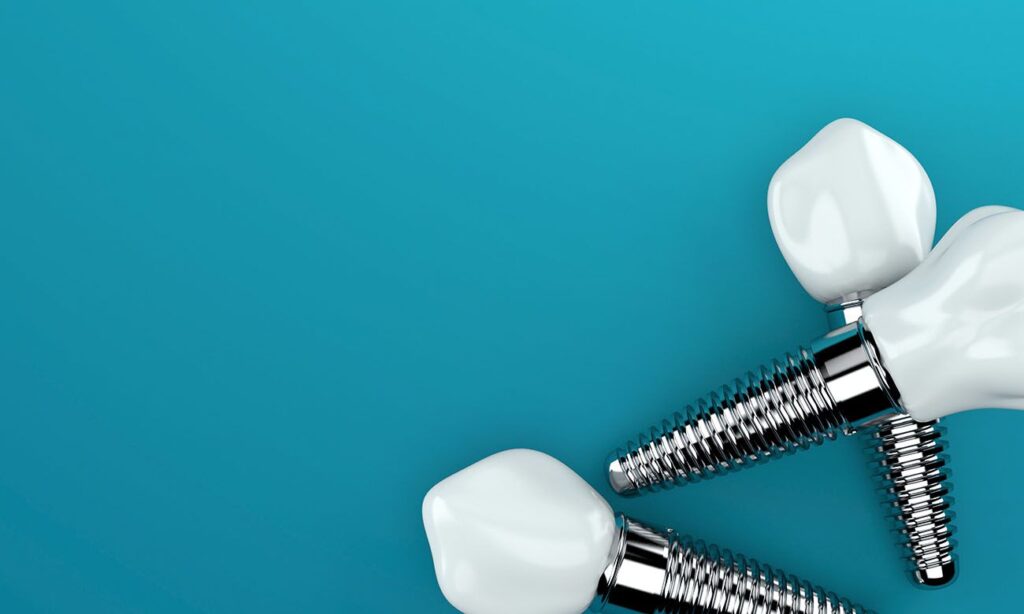If you lose one or more teeth, you might suffer from dissatisfaction with smile aesthetics, oral dysfunction, and a higher risk of further dental problems. You can consult with your dentist to find tooth replacement treatment that can resolve these issues. One restorative dental solution that yields comprehensive results is implant dentistry.
Not only are dental implants highly beneficial for dental restoration, but they also come in several types depending on your unique oral health needs. A dentist can find the right one for your smile when you schedule a dental consultation. You can also check out three dental implant options that your dentist might recommend when you read on.

Single Dental Implant
A single dental implant will replace one missing tooth in your smile. However, you can receive more than one of these types of implants in order to fully restore your smile if needed.
The device features a titanium post anchor that a dentist will surgically place into the jaw. It fuses with the jawbone there to establish a solid foundation for the rest of the implant. It also features a connective abutment piece where the dentist will attach the prosthetic tooth, a crown.
You can feel more confident in your smile with gaps caused by missing teeth filled by this implant. The crown will resist staining for a long-lasting, bright, and beautiful finish that you can feel proud to show off.
Implant-Supported Dental Bridge
If you lose three or more teeth in a row, you might benefit from an implant-supported dental bridge. The process to receive this type of implant is similar to a single implant. But it uses two anchors, one to support each end of the dental bridge.
With a dental implant in place, you can improve your oral function. You may chew, bite, and speak with greater ease thanks to this reliable device. The secure hold of an implant will mean you do not have to worry about slippage from your device either like you might with a removable option.
All-on-Four Dental Implant
The All-on-Four dental implant gets its name from the four anchors it uses to support an entire arch of prosthetic teeth. You can replace the top or bottom arches of your smile or both with this type of implant.
Dental implants differ from other tooth replacements because they can replace teeth below the gumline. Its anchors substitute for missing roots of the teeth. When you lose a tooth, the jawbone no longer receives stimulation from a tooth root. In its absence, the jawbone might deteriorate, causing shrinkage in the jaw and other dental damage.
You can prevent further dental deterioration by seeking comprehensive tooth replacement through implant dentistry. With implants in place, the jaw receives stimulation again and can stay strong and healthy.
Reduce your risk of oral health concerns by replacing missing teeth with dental implants. Schedule a consultation with your dentist to determine your eligibility for this treatment.
